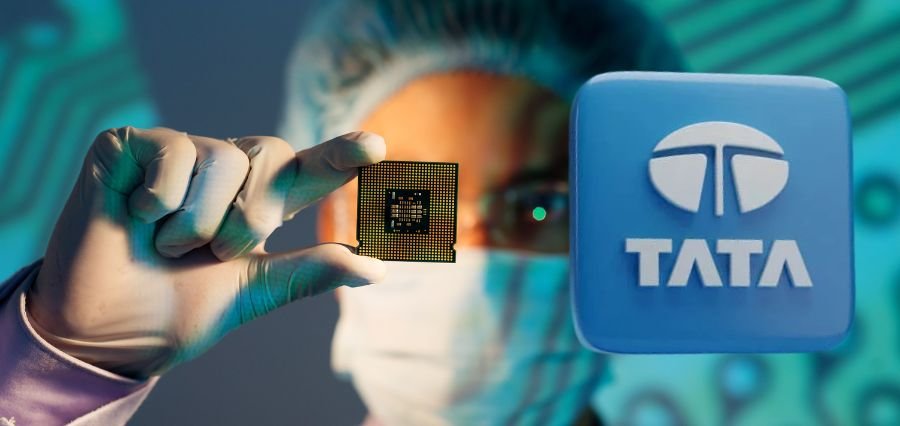Prime Highlights :
- Tata Electronics is constructing India’s first semiconductor fabrication unit in Dholera Special Investment Region, Gujarat.
- Gujarat state government is constructing 1,500 residential houses to house Tata employees, vendors, and foreign expat workers.
Key Facts :
- The fab will make 50,000 wafers per month through 28 nm to 110 nm chip technology.
- Tata Electronics will be having a tie-up with Taiwan-based PSMC for operations and technology.
- Project to create more than 20,000 direct and indirect employment opportunities in Phase I.
Key Background :
The Dholera semiconductor factory is part of a strategic plan under India’s drive toward self-reliance in the production of important technologies. So far, India has been mostly dependent on imports for its chip needs, which drive everything from smartphones to cars. Chip shortage during the pandemic further laid bare the nation’s weakness in this area.
Considering the significance of indigenous capacity development, the Indian government launched the Semicon India Programme in 2021. This program provides financial benefits, subsidies, and infrastructure facilities to private firms that are investing in semiconductor fabrication, assembly, and packaging. Tata Electronics was a leader in this venture, announcing a ₹91,000 crore investment along with Taiwan’s Powerchip Semiconductor Manufacturing Corporation (PSMC).
Dholera was selected as the location because of its strategic position, industrial-scale planning as an industrial smart city, and availability of round-the-clock power supply and water—requirements for chip making. Stretched over 920 square kilometers, Dholera Special Investment Region has been conceptualized as a world-class manufacturing and technology center.
The scope of the project goes far beyond mere chip-making. The project involves creating an ecosystem that has involved suppliers, logistics, residential complexes, and centers for skill building. The announcement by the Gujarat government to construct 1,500 residential complexes is a positive step toward meeting employment needs of such a capital-intensive, high-tech industry.
This fab will process mature and advanced nodes of 28 nm to 110 nm. These may not be the newest chips in size, but they are critical in industries such as automotive electronics, artificial intelligence, telecom, and industrial automation. Having PSMC on board provides entry into proven design, process, and quality assurance technologies.
Once commissioned, the Dholera unit will place India among nations with the capability to produce high-end semiconductors. It also marks Tata Group’s resolve to be a world leader in electronics and technology production. The project will trigger economic growth, generate thousands of knowledge jobs, and lead to further global investments in India’s semiconductor industry.
Read More – Maruti Suzuki Cuts EV Manufacturing Target Amid Rare Earth Scarcity

